Electrolytes for Peak Performance in Endurance Athletes
Endurance athletes rely on electrolytes to maintain proper hydration and optimize their performance, as these essential minerals, including sodium, potassium, calcium, and magnesium, are crucial for regulating fluid balance and supporting muscle function and nerve health. While water is vital for maintaining body temperature, nutrient transport, and waste removal, electrolytes are equally important for endurance athletes to sustain their physical demands and prevent dehydration, cramping, and fatigue.
During endurance training and competition, your body sweats to regulate its temperature and this can lead to the loss of electrolytes. When electrolyte levels become imbalanced, it can result in fatigue, muscle cramps, and impaired performance. To maintain optimal hydration and performance, it is important to replace the electrolytes that are lost through sweat.
One way to replenish electrolytes is through your diet. Many foods, such as fruits, vegetables, and dairy products, contain electrolytes. However, it can be difficult to consume enough electrolytes through food alone, especially during prolonged or intense endurance training. This is where electrolyte supplements, such as Stratos Endurance Fuel can be helpful.
Our Endurance Fuelsupplement can be a convenient and effective way to replace electrolytes that are lost through sweat. It is definitely a popular choice for many of our athletes. Stratos Endurance Fuel contain a balance of electrolytes, as well as carbohydrates, BCAA’s and cordyceps mushrooms which can help to fuel endurance performance. One key electrolyte ingredient we added is 350mg of sodium using pink Himalayan salt to provide athletes with an optimal amount of sodium during endurance exercise. Electrolyte gels and tablets are another option that can be easily carried during training or competition and taken as needed.
It is important to note that while electrolyte supplements can be beneficial, it is also important to be mindful of your intake. Consuming too many electrolytes can lead to an electrolyte imbalance, which can have negative consequences on your health and performance. It is generally recommended to follow the guidelines on the label of the electrolyte supplement and to listen to your body's needs.
What Are Electrolytes
Electrolytes are substances that, when dissolved in water or other fluids, can conduct electricity by forming positively and negatively charged ions. The major electrolytes in the human body include sodium (Na+), potassium (K+), calcium (Ca2+) and magnesium (Mg2+). These electrolytes play a crucial role in regulating various bodily functions, including fluid balance, nerve function, muscle contraction, and pH balance. Electrolytes are obtained through the diet, and they can be lost through sweating, urination, and other bodily processes.
Sodium
Sodium is an essential mineral in the human body and plays a crucial role in maintaining proper fluid balance, nerve and muscle function, and blood pressure regulation. During exercise, the body loses fluids through sweat, leading to a decrease in blood volume and an increase in blood sodium concentration. As a result, maintaining sodium balance becomes critical to prevent dehydration and electrolyte imbalances, which can lead to performance decrements, muscle cramps, and even more severe complications such as heat exhaustion or stroke.
In sports, athletes who engage in high-intensity exercise or endurance activities are particularly susceptible to sodium losses and dehydration, leading to a reduction in performance. Therefore, adequate sodium intake is crucial for athletes to maintain hydration and ensure optimal performance.
To maintaining proper fluid balance, sodium also plays a crucial role in muscle function. Sodium ions regulate the electrical charges in cells, which is essential for proper nerve and muscle function, including contraction and relaxation. This function is especially important in sports that require repeated muscle contractions, such as running or cycling.
Potassium
Potassium is an essential mineral and electrolyte in the human body that plays a vital role in many physiological processes, including muscle contractions and nerve impulses. Potassium is particularly important in the context of sport and exercise because it regulates fluid balance and blood pressure, supports muscle function, and helps prevent cramping.
During exercise, the body undergoes a significant loss of fluid, and sweat contains not only water but also potassium. The depletion of potassium during exercise can result in muscle weakness, fatigue, and even cramping. potassium helps to maintain the body's acid-base balance by neutralizing excess acids that are produced during exercise, which can lead to a buildup of lactic acid in the muscles.
The recommended daily intake of potassium for adults is 2,500-3,000 mg per day. Athletes, particularly those who engage in endurance exercise or who sweat heavily, may require higher potassium intake to maintain fluid balance and muscle function.
Calcium
Calcium is an essential mineral that plays a vital role in many physiological functions in the body, including muscle function, nerve transmission, and bone health. In sports, calcium is particularly important in promoting strong bones and reducing the risk of fractures, which can be common in high-impact sports.
During exercise, muscles contract and relax, which can put stress on bones, causing them to break down and rebuild. Adequate calcium intake is necessary to support the process of rebuilding and strengthening bones, particularly in sports that involve repetitive impact, such as running or jumping.
Calcium also plays a role in muscle contraction and relaxation. Calcium ions released from the sarcoplasmic reticulum within muscle cells bind to troponin, a protein that initiates the contraction of muscle fibers. Without sufficient calcium, muscle contraction can be compromised, leading to decreased performance and an increased risk of injury.
Adequate calcium intake is essential for optimal performance in sports, and athletes are encouraged to consume calcium-rich foods and beverages, such as milk, yogurt, cheese, and leafy green vegetables. The recommended daily intake of calcium for athletes varies depending on age, sex, and training load but generally ranges from 1000-1300 mg/day.
Magnesium
Magnesium is a mineral that plays a critical role in various physiological processes in the body. In the context of sports, magnesium is important for muscle function, energy metabolism, and cardiovascular function. One of the primary functions of magnesium in sports is its role in muscle contraction and relaxation. Magnesium plays a crucial role in the regulation of calcium movement in muscle cells, which is essential for proper muscle contraction.
Magnesium is required for the production of ATP, which is the primary energy source for muscle cells. Also it plays a role in cardiovascular function by regulating heart rate and blood pressure. Research has shown that magnesium supplementation can improve endothelial function, which is the ability of blood vessels to relax and dilate. This, in turn, can improve blood flow and oxygen delivery to working muscles, which can enhance exercise performance.
Magnesium is important for the maintenance of bone health. It is a key component of hydroxyapatite, which is the mineral matrix of bone tissue. Adequate magnesium intake can help maintain bone density and reduce the risk of osteoporosis and bone fractures, which are common injuries in athletes.
Magnesium deficiency is associated with muscle cramps, fatigue, and weakness, which can negatively affect athletic performance. It is recommended that athletes consume adequate amounts of magnesium to support their athletic performance and overall health. The recommended daily intake of magnesium for adult athletes ranges from 310 to 420 mg per day, depending on age and sex.

The Benefits Of Electrolytes
Here is a detailed look at the benefits of electrolytes for endurance athletes:
- Improved hydration: Electrolytes, such as sodium, potassium, and magnesium, are important for maintaining proper hydration in the body. During endurance exercise, sweat loss can lead to a depletion of electrolytes, which can cause dehydration and impair athletic performance. By replacing lost electrolytes, endurance athletes can help maintain proper hydration and support optimal performance.
- Enhanced muscle function: Electrolytes play a vital role in muscle function and contraction. Sodium, potassium, and calcium are all important for muscle contraction and relaxation, and a deficiency of these electrolytes can lead to muscle cramps and fatigue. By replacing lost electrolytes, endurance athletes can help maintain proper muscle function and reduce the risk of muscle cramps and fatigue.
- Improved heart function: Electrolytes are also important for maintaining proper heart function. Sodium and potassium are particularly important for regulating heart rhythm and blood pressure, and a deficiency of these electrolytes can impair heart function. By replacing lost electrolytes, endurance athletes can help support healthy heart function and reduce the risk of heart-related issues during exercise.
- Enhanced recovery: Electrolytes can also help support muscle recovery after endurance exercise. Sodium, in particular, can help replenish lost fluids and support proper hydration, which can help speed up recovery and reduce muscle soreness. Magnesium and potassium are also important for muscle recovery, and a deficiency of these electrolytes can impair recovery and increase the risk of muscle cramps.
- Improved performance: By maintaining proper hydration and electrolyte balance, endurance athletes can improve overall performance and reduce the risk of dehydration and electrolyte imbalances during exercise. Proper electrolyte balance can also help support proper muscle function and reduce the risk of muscle cramps and fatigue, which can all contribute to improved performance.

What Is A Hydration Strategy
To replace lost electrolytes, it is also important to consider your hydration strategy before, during, and after training. The loss of electrolytes through sweat can lead to fatigue, muscle cramps, and impaired performance. Proper hydration begins before your training session or race. It is important to start your training session or race well-hydrated and to continue to hydrate throughout. During training or competition, aim to drink fluids at regular intervals to help maintain hydration. Water is generally the best choice for hydration, but sports drinks like Stratos Endurance Fuel can be very helpful for endurance events or during hot weather. After your training session or race, it is important to continue to hydrate and replace any lost fluids and electrolytes.
Testing Your Sweat Rate
The Academy of Nutrition and Dietetics (AND), Dietitians of Canada (DC), and The American College of Sports Medicine (ACSM) suggest that athletes who have high sweat rates (>1.2 L/h), subjective “salty sweating,” and prolonged exercise more than 2 hours should consume sodium during exercise. The average sweat rates range from 0.3 to 2.4 L/h, and the average sweat sodium content is 1 gr/L (50 mmol/L), although it varies greatly between individuals. To prevent hyponatremia, a sports drink with a sodium content in the range of 10–30 mmol/L (230–690 mg/L) is recommended, which optimizes absorption. During prolonged exercise, the ACSM recommends a sodium intake of 300–600 mg/h (1.7–2.9 g).
There are several methods to test your sweat rate, but the simplest one is the following:
- Weigh yourself before exercise, ideally with minimal clothing or in a bathing suit.
- Exercise for 60 minutes at the same intensity you will be performing during your event.
- Towel dry any sweat from your body.
- Weigh yourself again with minimal clothing or in a bathing suit.
- Subtract your post-exercise weight from your pre-exercise weight to get the weight of sweat lost during exercise.
- Convert the weight of sweat lost to liters by dividing by 1 kg/L.
For example, if your pre-exercise weight was 70 kg and your post-exercise weight was 69.2 kg, you lost 0.8 kg during exercise. Divide this number by 1 kg/L to get the amount of sweat lost in liters, which is 0.8 L.
Repeat this test in different environments and under different conditions to get an average sweat rate. It's important to note that your sweat rate can vary based on factors such as temperature, humidity, and exercise intensity.
Conclusion
Electrolytes play a crucial role in sports performance and overall health. Electrolytes such as sodium, potassium, calcium, and magnesium are essential for maintaining fluid balance, muscle and nerve function, and other physiological processes in the body. During exercise, electrolytes are lost through sweat, and it is important to replenish them through proper hydration and nutrition.
Athletes with high sweat rates, prolonged exercise duration, and salty sweating should pay close attention to their electrolyte intake to prevent dehydration, muscle cramping, and other negative effects on performance. Using Stratos Endurance Fuel will balance your electrolytes levels and can improve sports performance, reduce the risk of injury, and enhance overall health and well-being. It is important to consult with a sports nutritionist or healthcare provider to determine individual electrolyte needs and develop a personalized hydration and nutrition plan. Train hard and stay hydrated.
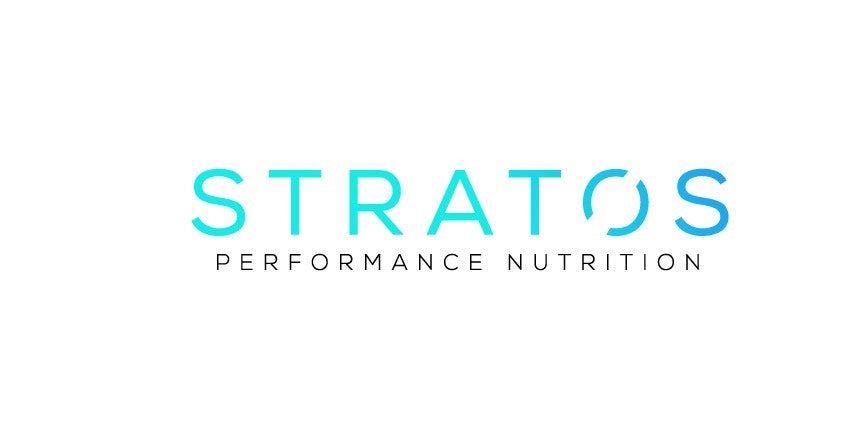
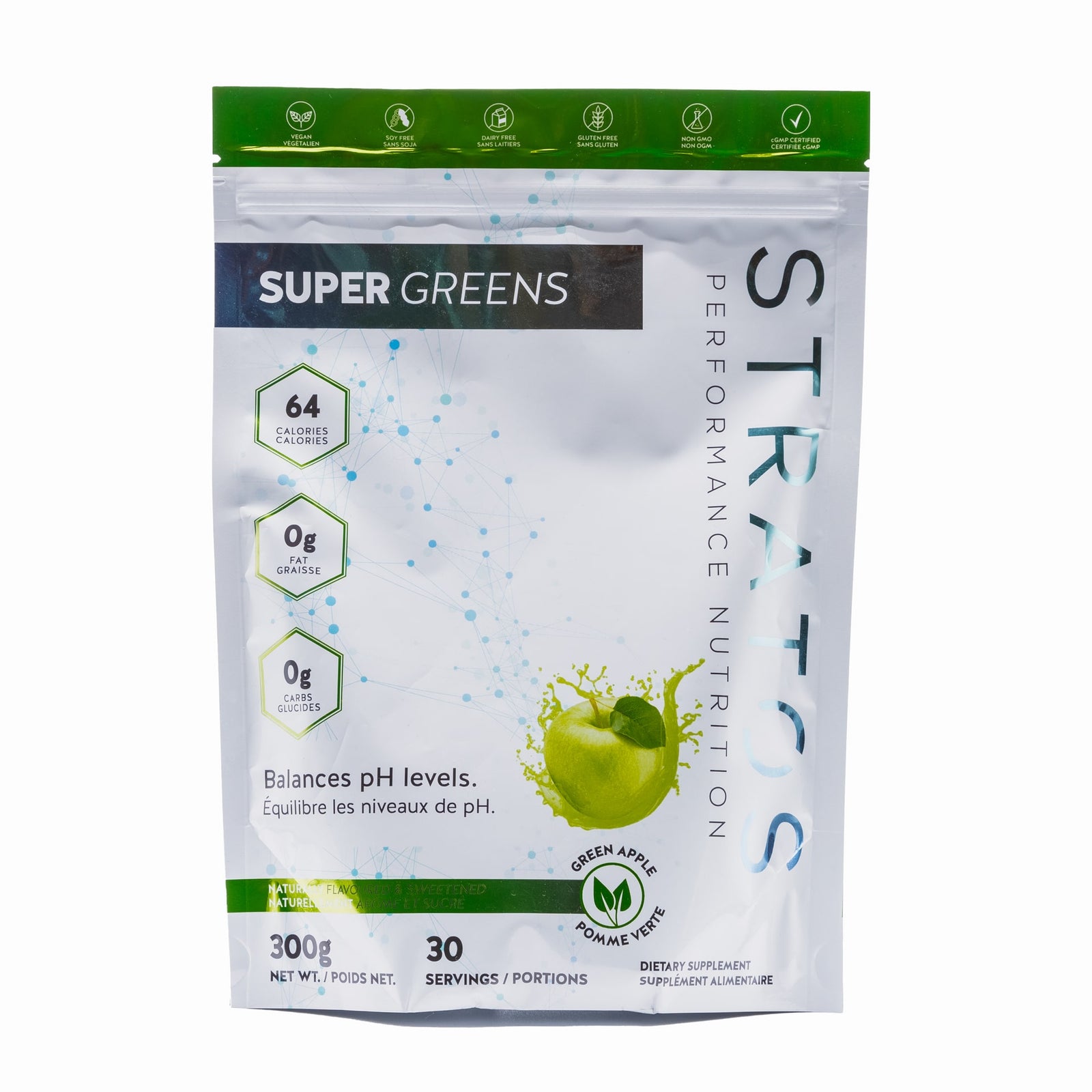
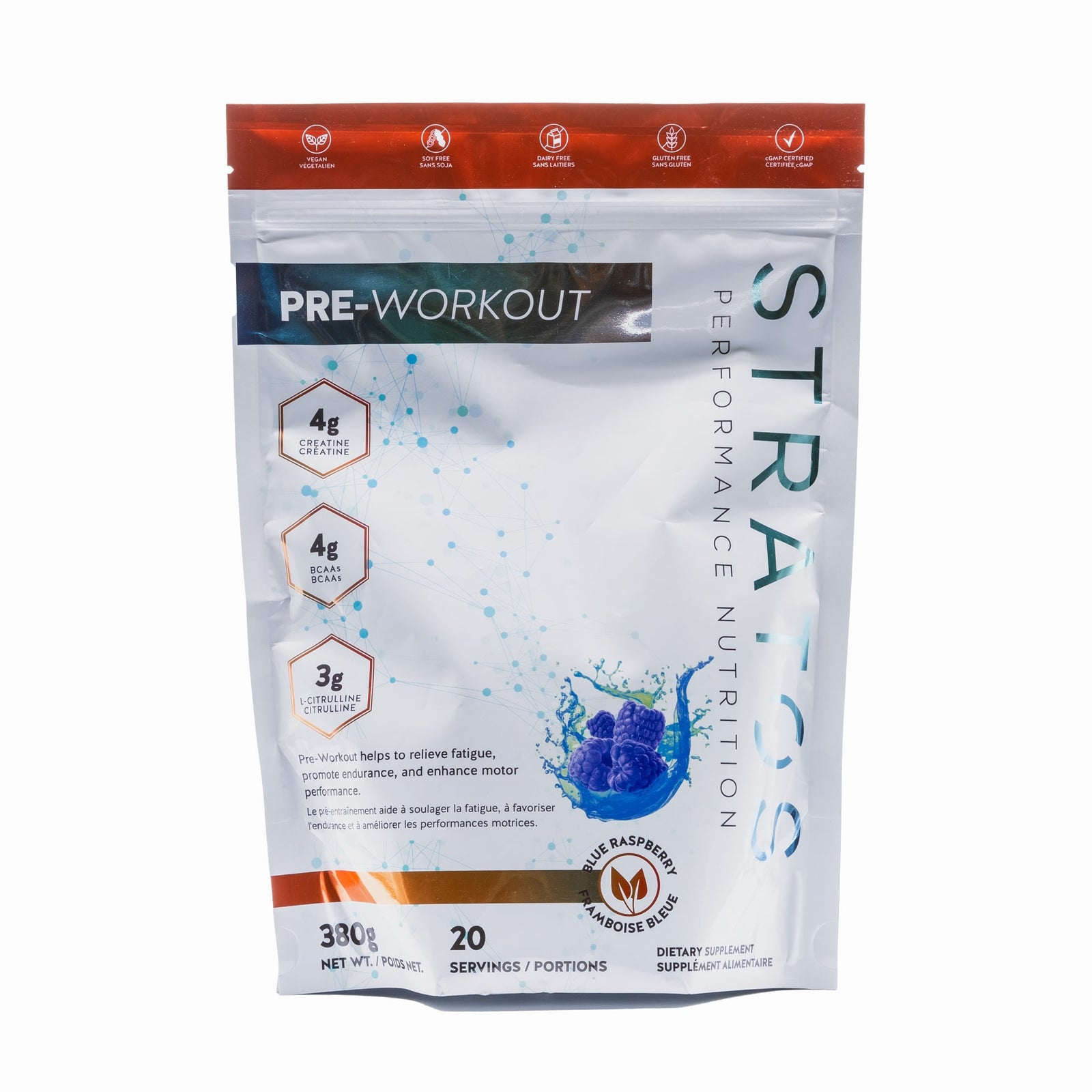
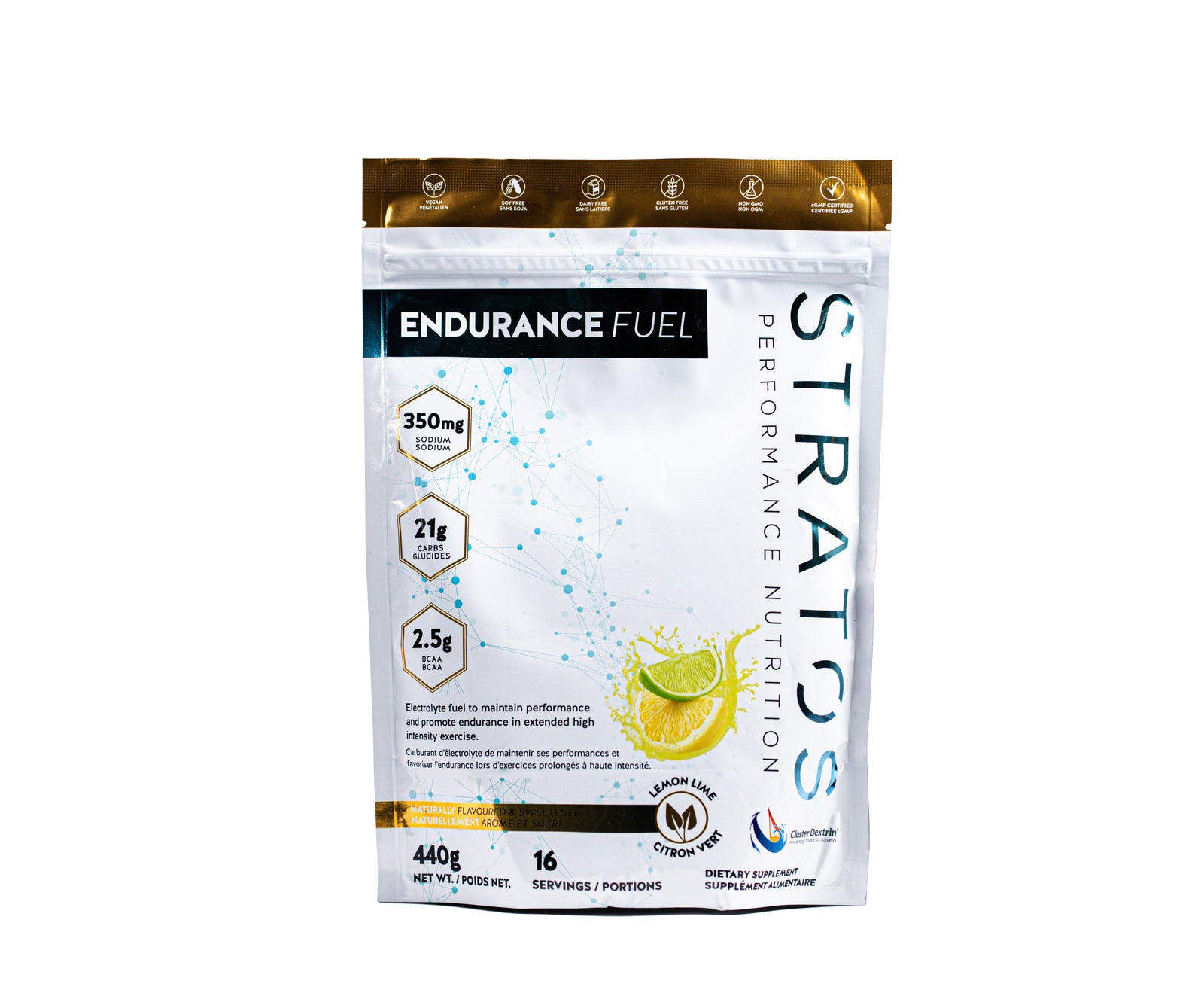
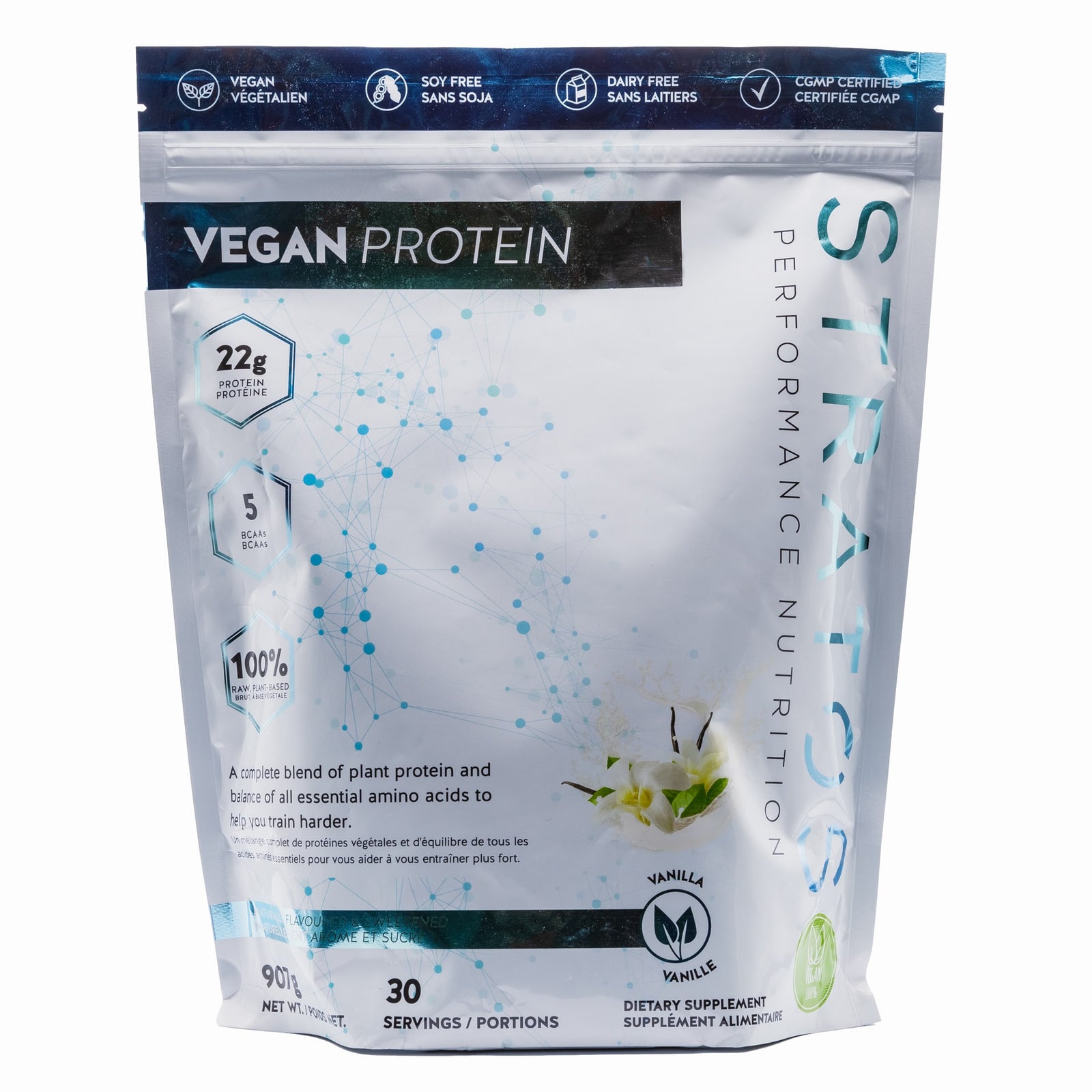


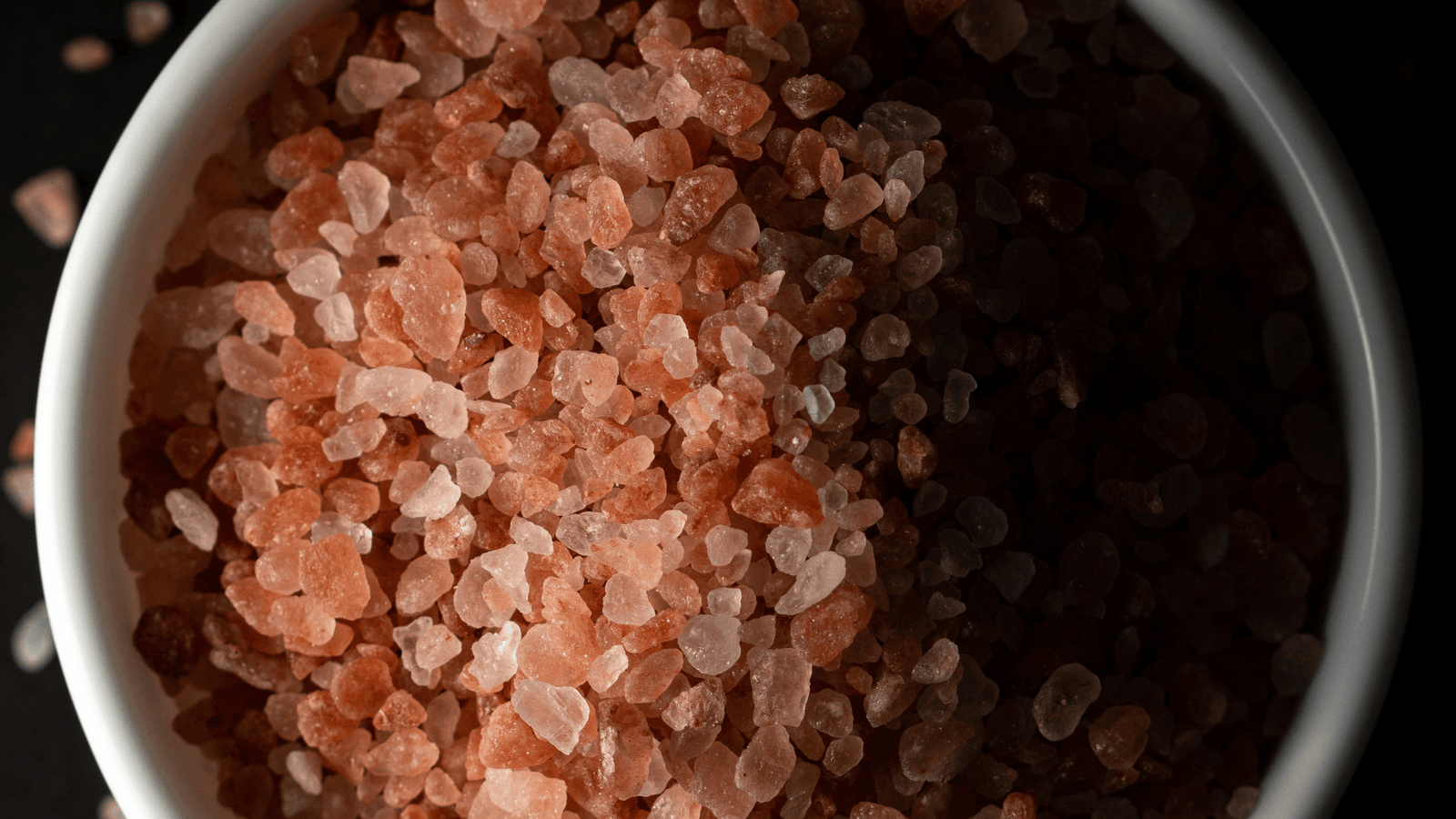

Leave a comment (all fields required)